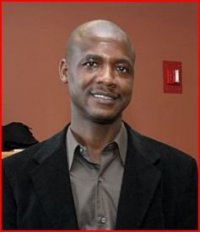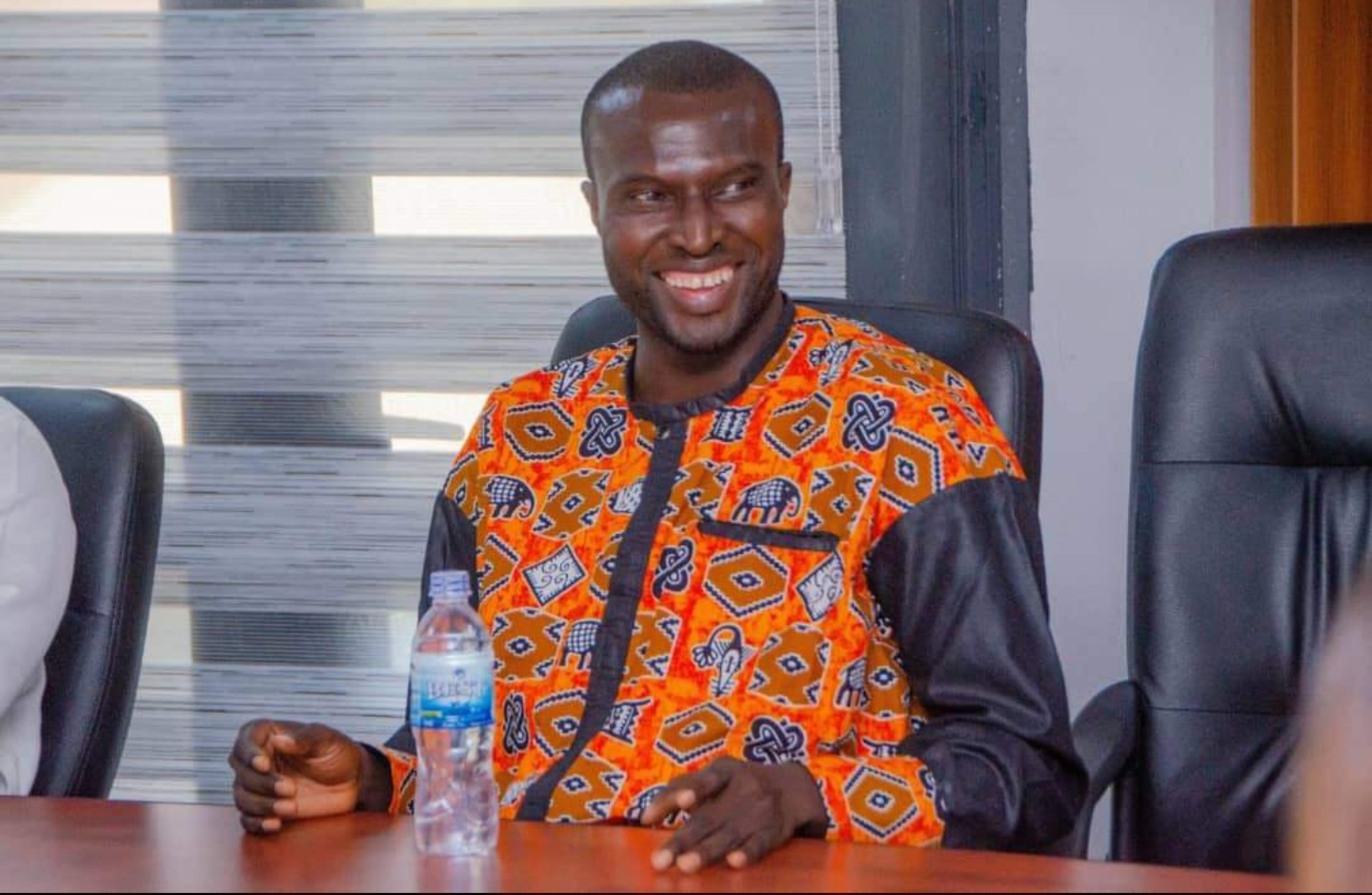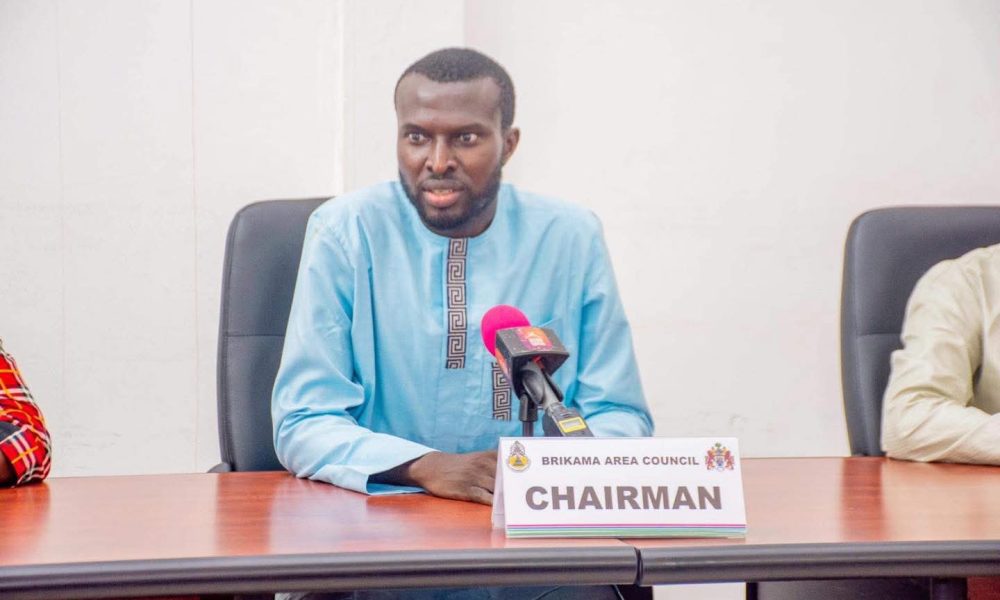
Democracy is not polite. It is not sterile, orderly, or predictable. It is a chorus of contesting voices, sharp rhetoric, and sometimes provocative declarations. But when the agents of law begin to police speech before policing actual crime, democracy begins to suffocate under the weight of its own laws.
In recent days, calls have surfaced—including from Mr. Madi Jobarteh—for the arrest of Brikama Area Council Chairman Yankuba Darboe, over remarks made at a political rally in Farato. If accurately quoted, Mr. Darboe allegedly said:
“No one should miss the 2026 elections… If we vote, we should not wait for the IEC. Let’s go to the State House, install our father by force. If soldiers are there, we can snatch them. People’s power is what is going to change this country.”
These words, no doubt, are incendiary and politically reckless. But should they trigger police prosecution under the Criminal Offenses Act?
That’s the question at hand. And it’s a dangerous one. In a democracy, speech—even offensive, exaggerated, or irresponsible speech—is protected unless it poses a direct and immediate threat to public safety or explicitly incites violence.
Chairman Darboe’s words flirt with disorderly rhetoric, but do not clearly cross into unlawful incitement. The threshold for criminal prosecution must remain high and narrow. Otherwise, we risk criminalizing passion, metaphor, and protest—cornerstones of political expression.
The Gambian Constitution guarantees freedom of speech. The Criminal Code penalizes incitement only when it meets strict legal criteria. The space between these two must never be collapsed by emotion or partisan outrage.
Not long ago, Cabinet Minister and Deputy Leader of the ruling NPP, Demba Sabally, declared—at a party rally—that he was prepared to “shed blood” for the re-election of President Barrow. That statement did not result in arrest, nor did it provoke public condemnation from his party. So why is Yankuba Darboe, an opposition politician, being targeted for remarks of similar—and arguably lesser—severity?

When inflammatory rhetoric by ruling party figures goes unchecked, while opposition figures are threatened with legal action, a dangerous precedent is born: one law for allies, another for critics. Selective outrage does not protect democracy—it poisons it.
If Mr. Darboe’s comments undermine the legitimacy of the electoral process, then the United Democratic Party (UDP) should publicly challenge and correct him. If his words sow confusion about the role of the Independent Electoral Commission (IEC), then the IEC should respond with civic education and constitutional clarity.
If civil society is disturbed by his rhetoric, it should counter it with public debate—not calls for arrest. In a democracy, troubling speech must be countered—not suppressed. It must provoke responses—not prosecutions.
It must lead to reckoning—not revenge.
To urge the Inspector General of Police to arrest a politician for what was said at a rally—even if dramatized or provocative—is to deputize law enforcement into ideological referees. That’s not their role. And that’s not how democracies survive. The policing of speech by state institutions must be constrained by principle. Otherwise, today’s critic becomes tomorrow’s criminal. And the ability to speak truth to power erodes—quietly, then catastrophically.
Freedom Is Not a Privilege. It’s a Right.
Mr. Darboe’s words should not be celebrated. But they should not be prosecuted either. His rhetoric should be condemned by peers and questioned by citizens—but not punished by criminal law. Human rights activism must be consistent. It cannot defend journalists and civil society from arrests on Monday, then ask for a politician’s arrest on Friday because his words were offensive. If we say we defend free speech, we must defend all speech—even the uncomfortable kind.
This moment demands restraint, reflection, and responsibility.
It demands that political leaders rebuke inflammatory rhetoric within their ranks.It demands that civil society hold all parties to the same standards.
And it demands that citizens remember: democracy only lives when its freedoms are guarded equally—especially when those freedoms are provocative or unpopular. Because the real threat to democracy is not in what politicians say at rallies. It’s in our response to those words.
If we respond with arrests instead of arguments—then tyranny doesn’t return in uniform. It returns in applause.
Democracy is noisy. It offends, it debates, it corrects.It demands of its citizens not silence—but courage. And it demands of its leaders not obedience—but accountability. We must not defend speech we agree with and criminalize the rest. That is not democracy. That is factional prosecution.
Let us remain vigilant—not only against threats to peace—but against threats to liberty, disguised as righteous outrage. Because the real danger is not what politicians say at rallies— It’s what we do in response.
If we reach for handcuffs instead of counterarguments, tyranny doesn’t return in boots—it returns in applause.
Free speech is not protected because it is always noble— It is protected because the alternative is tyranny. There is a vast difference between reckless rhetoric and criminal incitement. For speech to be lawfully prosecuted, it must pose a clear and immediate threat to public safety or call directly for violence. Mr. Darboe’s call for civil disobedience may violate public sensibilities, but it does not legally qualify as incitement. Passionate speech at political rallies is not unfamiliar in democracies. It is the duty of the political class and civil society to correct it— not the prerogative of law enforcement to silence it.
Alagi Yorro Jallow is a civic advocate, writer, and former editor of The Independent. His work explores constitutional integrity, moral leadership, and the ethical duty of citizens in defending democracy.





